#asian politics
Text
I just watched a video of some white leftist telling a Chinese man that’s he is brainwashed by white supremacy for saying it’s possible to be racist to white people
youtube
It’s giving this:

39 notes
·
View notes
Text
⭐️ Weekly Fandom Vote (Round 6) ⭐️
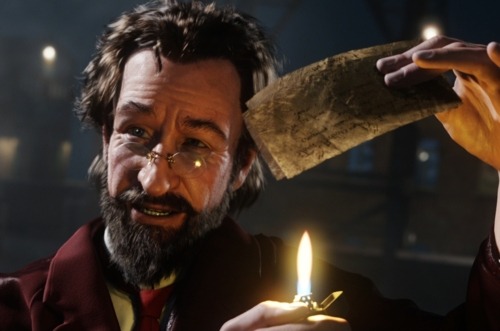
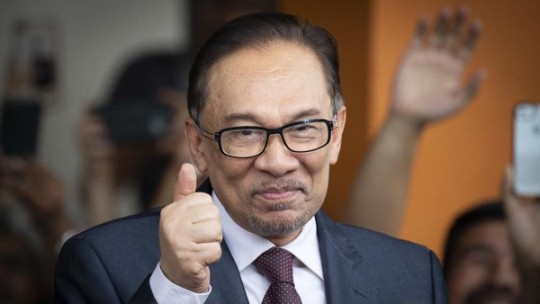
#fandom#fandom questions#character quiz#quizzes#rounds#films and tv shows#european films and tv shows#canadian films and tv shows#british films and tv shows#american films and tv shows#cartoons#comics#books#world leaders#politicians#politics#lolitics#the adventures of tintin#tintin#tintin et milou#tintin and snowy#tintin 2011#tintin movie#ivan ivanovitch sakahrine#anwar ibrahim#malaysian politics#asian politics#sakharine
7 notes
·
View notes
Text
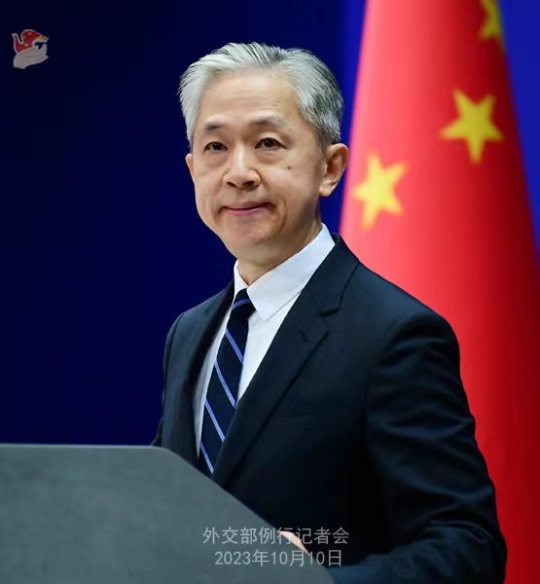
[photo: Ministry of Foreign Affairs of the PRC]
🇨🇳🇹🇼 CHINA FOREIGN MINISTRY SPOKESMAN RESPONDS TO TAIWANESE LEADER TSAI ING-WEN COMMENTS ON TAIWANESE INDEPENDENCE
Responding to a question Tuesday from Agence France-Presse about Tsai Ing-wen's recent comments that Taiwan would remain democratic for generations despite Chinese pressure towards reunification, Chinese Foreign Ministry spokesman, Wang Wenbin told reporters that the biggest threat facing the Taiwan Straights came, not from China, but from the "separatist persuit" of "Taiwan independence" and from seeking foreign help to support this cause.
"There’s only one China in the world and Taiwan is an inalienable part of Chinese territory—this is the true status quo across the Taiwan Strait," Wenbin told Agence France-Presse.
"The DPP authorities still cling to the separatist pursuit of 'Taiwan independence' and seek foreign support in achieving that agenda and making provocative moves—this is the biggest threat facing peace and stability across the Taiwan Strait."
Wenbin told reporters the key to peace and stability in the region was to uphold the one-China principle and oppose Taiwanese independence.
"Whatever the DPP Authorities say or do, it does not change the fact that Taiwan is part of China, still less the trend towards China's unification."
#source
WorkerSolidarityNews Telegram
#china#peoples republic of china#PRC#taiwan#china news#taiwan news#socialist china#asian politics#politics#news#geopolitics news#geopolitics#international affairs#international news#international politics#international#world news#global news#asia news#world politics#socialist politics#socialist news#worker solidarity#WorkerSolidarityNews#nato#us news#one china policy#united nations#foreign ministry#china foreign ministry
7 notes
·
View notes
Text

Book Review
The Politics of Heroin in Southeast Asia
by Alfred McCoy with Catherine B. Read & Leonard P. Adams II
In the 1970s, Gene Hackman starred in a movie called The French Connection. It tells the story of how undercover American narcotics agents intercept a massive shipment of heroin being smuggled into the U.S. inside a sports car. I can’t remember if the movie ever says exactly where the drugs came from , but it’s likely they originated in Asia’s Golden Triangle and got shipped to New York City via Marseilles, France. The movie was based on a true story and I’m sure the film’s producer was aware of Alfred McCoy’s The Politics of Heroin in Southeast Asia. It shows how there is an impossibly complex history of corruption, politics, greed, and Western intervention that has always facilitated the drug trade and probably alwayw will.
This book combines historical research with muckraking investigative journalism contemporary to the time of its publication in the early 1970s. Of course, that was a time when the drug culture and the Vietnam War were in full swing so it shouldn’t surprise anybody that the two are linked. It starts with a crash course in the history of poppy cultivation, the opium trade, the invention of morphine and heroin, their legal medicinal use in the Western world, and how all of this relates to Asia. Then we get to World Warr II when the OSS, the prototype of the CIA, collaborated with the Mafia to ensure Mussolini didn’t gain power in Sicily. The American government turned a blind eye to the heroin trade in the name of fighting fascism. As the Sicilian gangsters declined in power, the Corsican Mafia stepped in and partially took over. This overlapped with the French-Indochina Wars in the 11950s when Vietnam tried to decolonize and kick the French out. The Corsican Mafia remained in Vietnam though and continued doing business as the Americans took over where France left off. Meanwhile the Viet Minh, who later became the Comunist party, funded their war of anti-colonialism by selling poppies grown by Meo hill tribe farmers in North Vietnam and Laos. At this point you can guess that the story has nowhere to go but down.
There is also a detailed analysis of the Golden Triangle, a region of Southeast Asia including northeast Myanmar, Western Laos, and northeast Thailand. This is where poppy cultivation flourished and heroin manufacturing did too, especially because heroin at every level of production, distribution, and use was 100 percent legal in Laos. And why wouldn’t it be? Every political party and branch of the military had a hand in the narcotics trade. Like in North Vietnam, poppies were being farmed and sold to support the separatist revolutionaries of the Shan state in Myanmar, the anti-communist militias of the Chinese Kuomintang, and intelligence gathering agents of the CIA all in the same region. Drugs coming from the Golden Triangle were smuggled, with help from the Thai military and police, to Bangkok, Hong Kong, and, most importantly, Saigon. These were the major distribution points for the rest of the world.
What’s really interesting about this book is that it accounts for the context of the heroin trade in great detail. To understand how and why it flourished at that time, you need to understand the political and military structures of the countries involved. The two countries that get the most detailed analyses are South Vietnam and Laos. Both countries had trouble establishing democratic rule because politicians and military officials work with supporters and constituents that function more like tribes. Among the supporters are religious sects and criminal gangs along with varieties of other individuals, most of which are corrupt and greedy. These factions work by competing with each other. The conflicts often escalate to territorial disputes, violence, and assassinations so when America was supporting the government of South Vietnam in an effort to cleans the country of communists and nationalists, stability could never be established. Democracy could never function in a place where gangsterism overrode consensus as a method of governing. The result was that America got defeated because they were supporting a government that lacked competency and will, caring about nothing but accumulating riches while thinking of the American military as nothing but a national guard doing their duty of protecting them from the North Vietnamese. The author makes a good point by stating that the blockheads in the America were blinded to the reality of the heroin trade because they single-mindedly fought against the communists rather than taking the whole picture into account. Even worse, they had no understanding of the culture they were trying to dominate. In the end, most of the drugs produced in the Golden Triangle wound up in either US military bases or being shipped overseas to America and Europe while the US allies and enemies in Southeast Asia laughed all the way to the bank. Rampant heroin addicted among US soldiers in Vietnam became a problem and the tribal poppy farmers were stuck in a cycle of impoverishment because other forms of agriculture did not yield enough profits for them to survive. Also, the drug cartels often used Meo tribal people as pawns in proxy wars to fight for different drug running factions managed by politicians and military leaders. As usual, the CIA and American government turned a blind eye to all this just so long as the these drug merchants didn’t support the communists. But then again, some of those merchants did clandestinely support the communists because dealing with them in the drug trade brought them profits and profits meant more than principles. Don’t even try to imagine that much has really changed since the 1970s.
McCoy’s account of the heroin business is a real accomplishment. The details and intricacies are thoroughly explained in a way that makes a challenging read, but is consistently comprehensible if you make the effort to keep track of small details. He doesn’t just focus on the corruption of the authorities and organized crime syndicates either; this book contains a sympathetic understanding of how the poppy farmers are impoverished and trapped by their crops and how devastating opium and heroin are to people who are unfortunate enough to get sucked into the black hole of addiction. This is no work of journalistic entertainment. The complexities of the writing and subject matter make it almost forbidding reading. It is a great work of writing though and also a real eye-opener for anyone who wants to know about the darker side of Southeast Asia, U.S. involvement in the region, and how our government is enabling the drug problems they claim to be legislating against.
In conclusion, The Politics of Heroin in Southeast Asia is probably more valuable as a historical document since a few things have changed since America’s disastrous and foolhardy invasion of Vietnam in the 1960s. Those changes have probably been minor ones though. Poppy cultivation has since moved to Afghanistan and the pipeline of drugs coming from South and Central America up through Mexico and into the U.S. continues to flow unchecked. It just makes you wonder what the CIA is doing these days to keep the supply coming whether its by accident or not. Otherwise, I have spent some time in Southeast Asia and the three countries of the Golden Triangle so I need to say that it has a gorgeous landscape populated by beautiful and kindhearted people with a rich culture; don’t let a book like this ruin your perceptions of this truly amazing part of the world. And finally, don’t EVER try heroin. I’ve seen it wreck people’s lives. Don’t be stupid enough to think you can use it for a weekend recreational high. You can’t. I’ve known several people who have died, one of which was a talented code writer working for Google who overdosed two months after he got married to a woman he fell madly in love with. Please don’t make that same mistake. Do whatever you want with your own body, but don’t ever shoot up junk.
1 note
·
View note
Text
0 notes
Text
“Monkey Man” was shot and completed in 2021, and Netflix soon after acquired the rights for around $30 million, but it’s been on the shelf for three years and they‘ve all of a sudden decided to get rid of it? What gives?
It turns out, according to an in-the-know source, that it was the portrayal of a fictional right-wing Hindu Nationalist character in the film that worried Netflix about their future dealings in India. And even though they had paid more than twice the production cost, they decided to give the film back to the producers, which is what caused the long delay.
Universal and Peele eventually took a particular liking to the film, so much so that they suggested possible editing changes and delayed the release until what they thought would be the right date.
It’s as simple as that. In the end, it was all about politics and optics for the streaming giant, especially since India has become the current top growth market for Netflix. Co-Founder Reed Hastings has mentioned that a majority of the service's next 100 million subscribers would most likely come from India.
Universal/Jordan Peele's "suggested possible editing changes" in question:

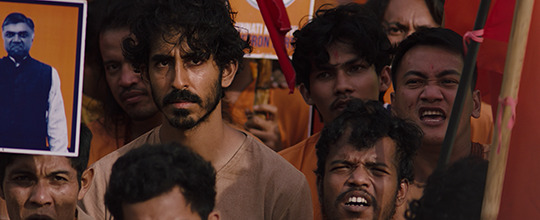
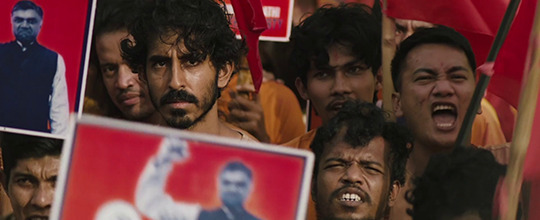
#monkey man#dev patel#jordan peele#film#i have to laugh!!!!#also have read some south asian critics on twitter saying the way it's edited renders the politics of the film vague and incomprehensible#i'm still looking forward to it of course but it's just a shame!!
4K notes
·
View notes
Text
#shinzo abe#japan#politics#japanese politics#asian politics#history#japanese history#2022#2022 politics#cults#unification church#ldp#sun myung moon
0 notes
Photo

Lushi poem in the English language about the white paper riots in China.
#china#white paper revolution#chinese#whitepaper#Poems#poem#poets on tumblr#poetry#original poem#xi jinping#politics#political poetry#political poem#white paper riots#freedom#oppressors#oppresion#asia#asian politics#chinese politics#lockdown#covid19#covid zero#covid#human rights#rights#liberation#Conflict#communism
1 note
·
View note
Text
My thoughts on Eileen Huang
Eileen Huang is a Chinese American liberal who prioritizes BLM over calling out anti Asian racism.
When a Facebook group called Subtle Asian Traits was talking about how people don’t talk enough about racism and black people don’t speak up for Asians enough, she called them anti black and said “maybe we should normalize racism against Asians.” SIMPLY FOR TALKING ABOUT ASIAN HATE CRIMES INSTEAD OF BLM.


So in short, I heavily dislike her. For once I actually agree with aznidentity (as much as I despise them) when they called her out for shitting on Asian people and trying to suck up to the black community? (she lowkey gives off white guilt vibes)
However I do NOT condone them harassing and doxxing her. Boba liberals suck but aznidentity is even worse because at least boba liberals only hate me because of my beliefs aren’t exactly the same as there’s whereas the people on aznidentity hate me because my parents are a “WMAF couple” and I don’t apologize for being half white. (I’m also very proud of shameless about my Asian identity, mind you. If I wasn’t, I wouldn’t go to my mother’s home country)
Eileen Huang is just an annoying woke b*tch. Aznidentity is subreddit full of blatantly racist disgusting people who have no qualms with harassing and doxxing Asian women in interracial relationships.
2 notes
·
View notes
Text
💖🎀 World Politicians Barbie Selfie Generator Posters (Part 3) 🎀💖
I made the third part of my collection. It was also consisting of six more Barbie Selfie Generator posters of six more world politicians.
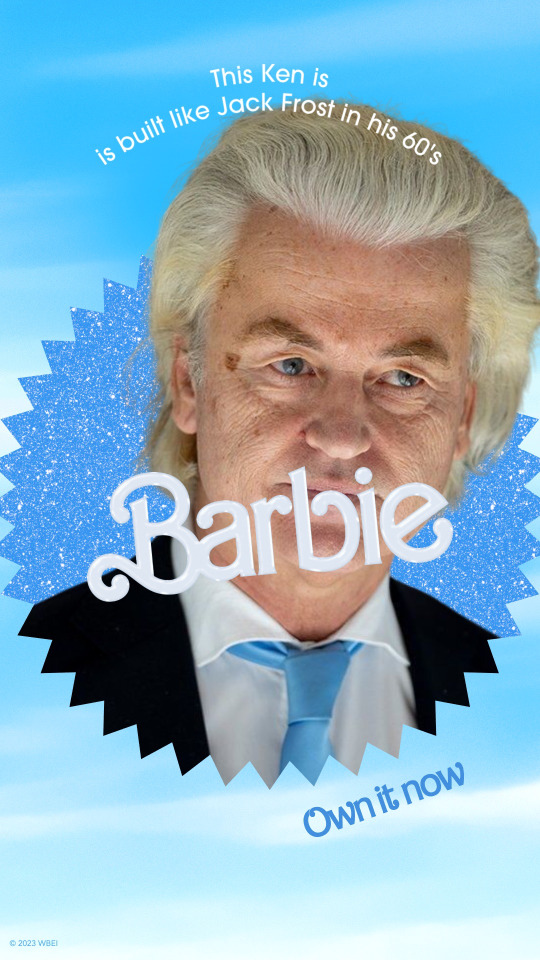
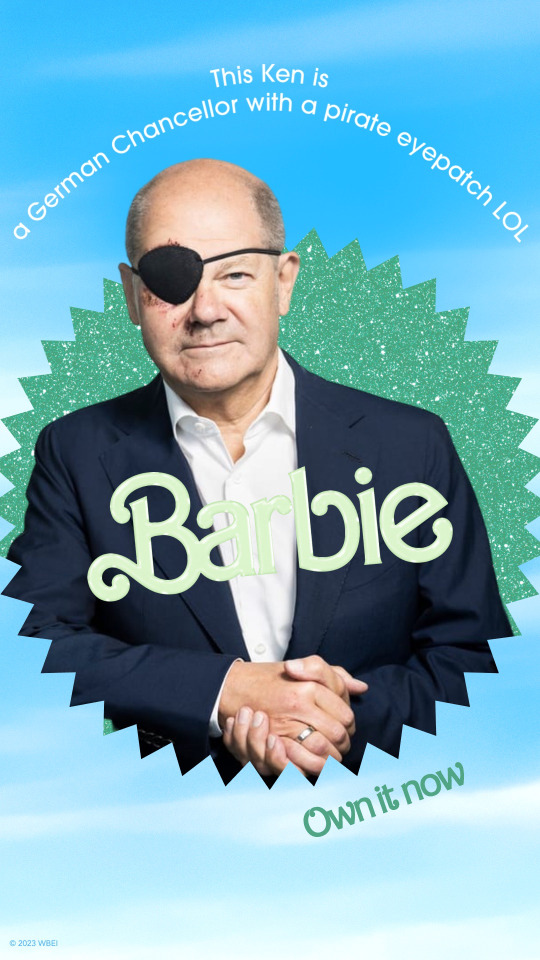
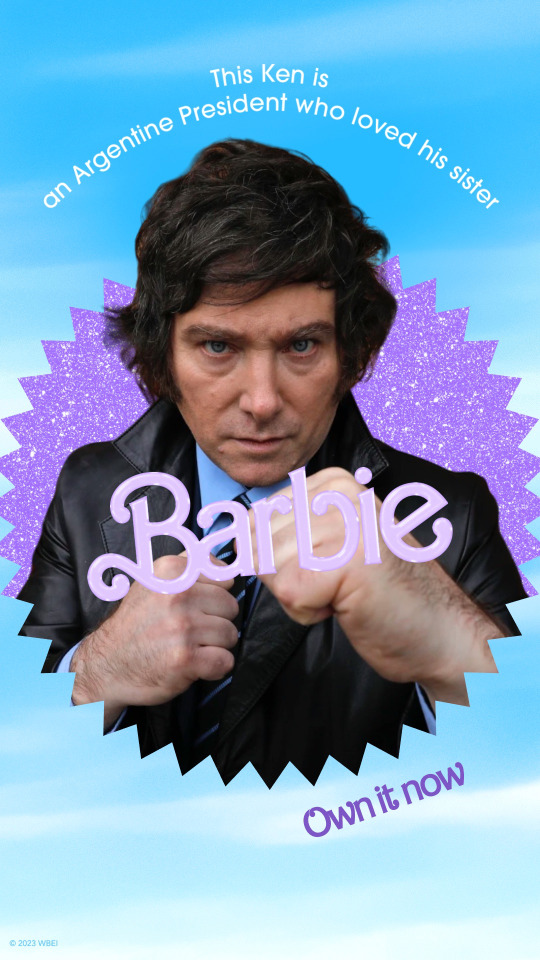
Top: Dutch PVV party leader Geert Wilders (left), German Chancellor Olaf Scholz (middle), Argentine President Javier Milei (right)

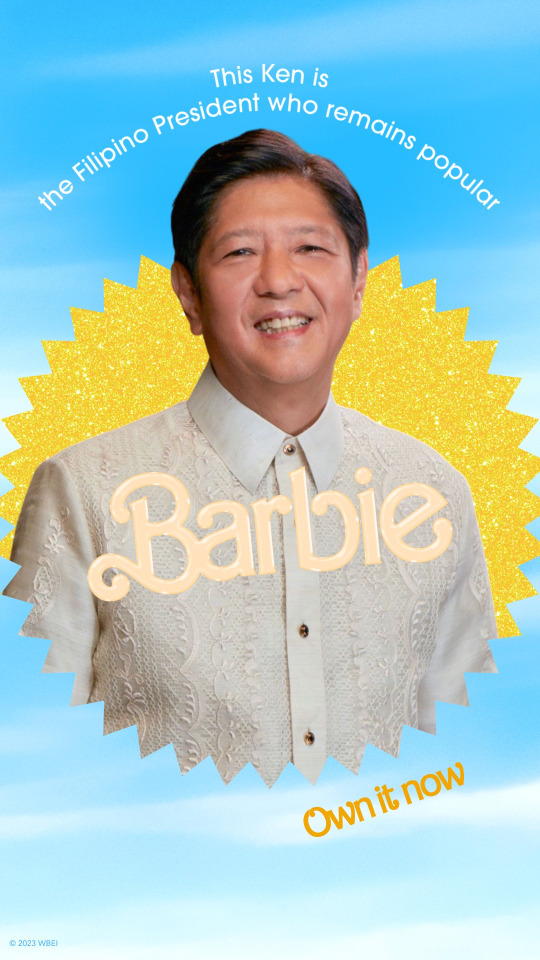
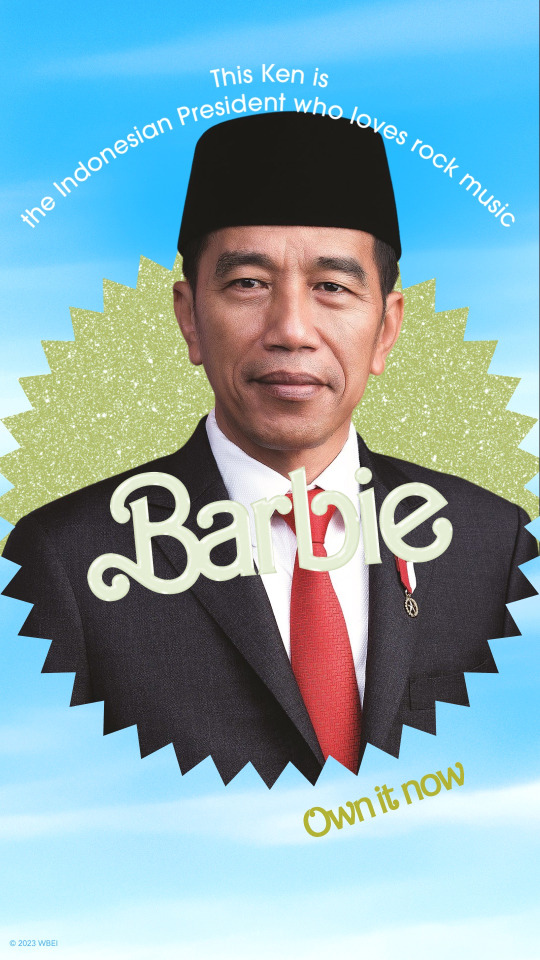
Bottom: Malaysian Prime Minister Anwar Ibrahim (left), Philippine President Bongbong Marcos (middle), Indonesian President Joko Widodo (right)
#world leaders#javier milei#geert wilders#olaf scholz#anwar ibrahim#bongbong marcos#joko widodo#politicians#politics#lolitics#european politics#asian politics#american politics#south american politics#barbie selfie generator#barbie#memes
4 notes
·
View notes
Text
Sri Lanka protests: Is it safe for tourists and what is the latest government advice?
Sri Lanka protests: Is it safe for tourists and what is the latest government advice?
Sri Lanka remains under a nationwide curfew after violent anti-government protests erupted across the country in March.
The island nation is a popular destination among backpackers and holidaymakers, so what does the security situation mean for travellers?
The UK is now advising against “all but essential travel” to the south-asian nation, in line with Ireland, Australia and New Zealand.
As a…

View On WordPress
#Advice#Asian politics#Curfew#flight#government#Lanka#Latest#Opposition protests#protests#safe#Sri#tourists#travel insurance#Travel restrictions
0 notes
Link
“There was a point where everyone in town had said no to Polite Society, and it really knocked my confidence.” She even remembers people telling her: “‘My influences are too male.’ I’m like, ‘Who has been making cinema?!’”
The film was greenlighted thanks to the success of We Are Lady Parts, which premiered in 2021. She wrote the show after feeling demoralized by some of the offers she was getting, like being asked to co-write a project with a white male writer “and just be the brown person who can give that point of view and the rubber-stamping of his stuff.” Similarly, she was demoralized by the one-dimensional portrayals of Muslim women on screen, such as stories with “a misery porn vibe,” which bore no resemblance to her life. “I’d just been asked to do lots of really annoying shows, being asked to write dramas about Muslim women being oppressed, long-suffering,” she said. “The annoyance of having been asked to write all this stuff that wasn’t my experience of being a Muslim woman made me create Lady Parts.”
As with Polite Society, when she started pitching We Are Lady Parts, she met a lot of resistance. “We Are Lady Parts got turned down basically everywhere, except for one place, and that was Channel 4 and then Peacock,” she said. “It was a lot of people being like, ‘I don’t think we can do this. Is this offensive? Are people going to get upset?’... I’m like, ‘This is just a Muslim woman expressing joy!’”
#muslim representation#south asian representation#nida manzoor#women directors#we are lady parts#polite society
1K notes
·
View notes
Text
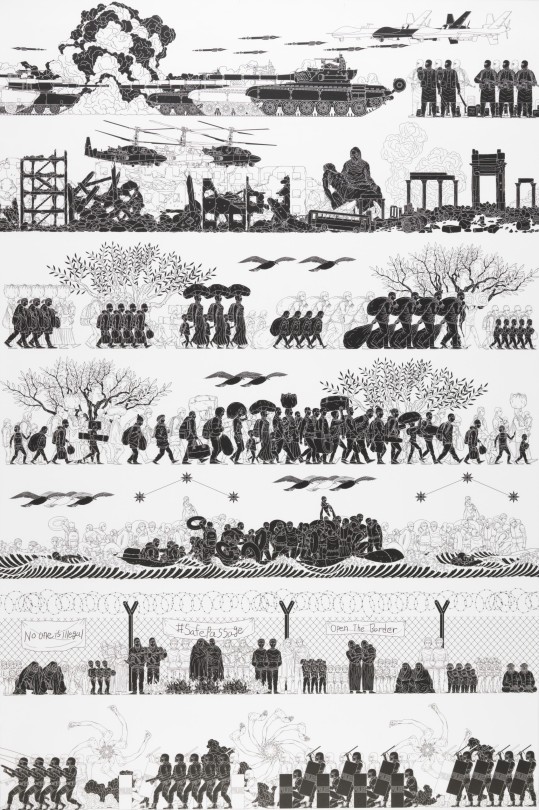
Odyssey, Ai Weiwei, 2017
Offset lithograph on paper
36 x 24 in. (91.4 x 61 cm)
#art#ai weiwei#contemporary art#political art#asian art#21st century#2010s#lithograph#print#works on paper#chinese#100 notes
251 notes
·
View notes
Text


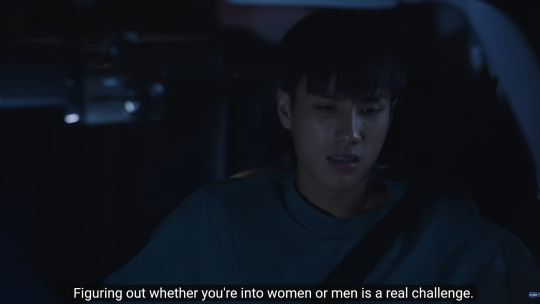

Having this be the dialogue over Fire (as played by Neo Trai who also played Boston who was, actually, the last person I saw giving this exact speech but in the opposite way...) is amazing and glorious and is like a beautiful little inside joke for people who watch all GMMTV queer shows. Fantastic. @absolutebl I can honestly admit this isn't what I expected from this bit of the show.
Bonus: Man, this show is really just kind of doing whatever it can, sometimes, eh?
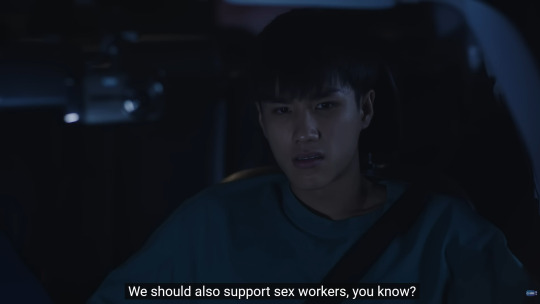
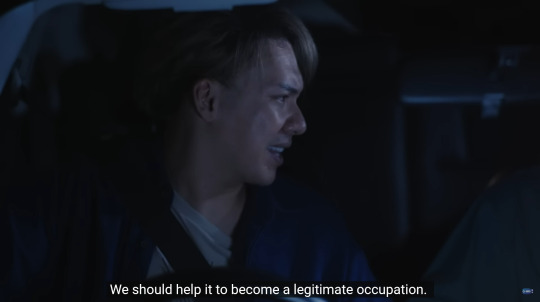

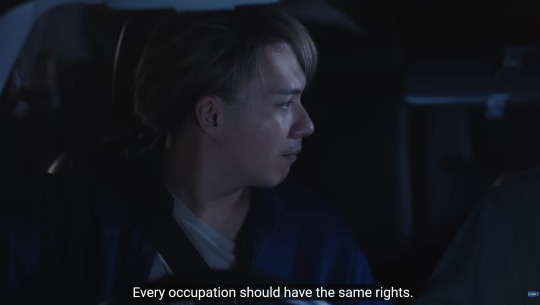
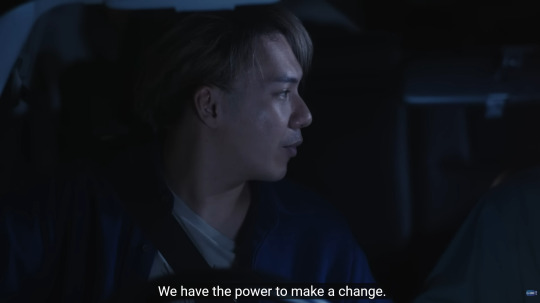
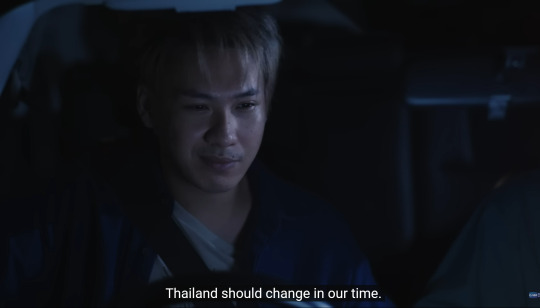
I mean, damn.
#cooking crush#cooking crush the series#cooking crush series#sex worker rights#sex work is real work#bl series#thai bl#thai drama#bl drama#thai series#thaibl#asian lgbtq dramas#asianlgbtqdramas#thai bl series#thai bl drama#gmmtv series#gmmtv#gmmtv bl#political agenda#this is wild but beautiful#neo trai#neo trai my beloved
132 notes
·
View notes
Note
even KURUK was done so dirty by natla too - you know, going it alone in the spirit world was probably his greatest regret (though at least his animal guide was probably with him)
yeah my friend pointed out that the way roku was portrayed as uncharacteristically playful and charming while kuruk was just kind of flat and serious was not only mischaracterizing both of them in a way where if they had just reversed their personalities it would have made sense (what are they, zukka??) but indicative of anti-native racism by playing into the stoic native leader/elder trope even though that’s truly not what kuruk is at all, whereas roku is kind of the sage old asian man mentor, but you know, they do think to subvert THAT. no offense to ken leung and danny pudi who are innocent but this show was largely made by the most annoying asian americans, and it shows, such as in the fact that a single fire nation boat looks 100x better than the entire northern water tribe, or the fact that they uh. idk. cast a white guy to play sokka and didn’t even give a shit. justice for kuruk but also justice for every single water tribe character truly
#10000dandelions#asks#natla#it’s funny that they’re like ‘well by virtue of being ethnically asian we will be more sensitive to racial politics’#and then they did MORE orientalizing and racism and had far worse politics than the original#dont even get me started on omashu being all of south asia all of a sudden…..
92 notes
·
View notes
Text
maybe a controversial opinion but while i really love jiang cheng as a character he is deeply self-centered as a person. and seeing people fight tooth and nail claiming he isn't, or is just misunderstood, or that he has genuine valid reasons to be selfish when plenty of other characters make the difficult choice to forego status and opportunities for what they believe is genuinely right to do (read: wei wuxian, wen ning, wen qing, lan wangji, jiang yanli, mianmian, etc.)
it's just odd to me. especially if they're talking about the novels.
mxtx didn't give jiang cheng the name "sandu shengshou" as a quirky coincidence. there's a REASON she named him & his sword after the 3 poisons of Buddhism (specifically ignorance, greed, and hatred). it's crucial to the story that jiang cheng is NOT selfless and that wei wuxian IS.
it's important to accept that wei wuxian is, by their society's standards, not morally gray; he represents several Buddhist ideals in direct contrast of jiang cheng and multiple people attest to wei wuxian's strong moral character, which is a lot of why jiang cheng even feels bitter about him to begin with.
it's crucial, because by the end of the novel jiang cheng realizes the extent of this and begins to let go!
the twin prides thing wasn't jiang cheng wanting them to 100% mirror the twin jades. he does care about wei wuxian, but he wanted wei wuxian to stay his right hand man, in part the way wei changze was for jiang fengmian.
and if there's one thing you can notice about wei changze in the novels, it's that literally nobody talks about him. he is only ever mentioned when his cool mysterious mountain sect wife cangse-sanren is mentioned, or (even more rarely) when they discuss him as a servant to jiang fengmian. regardless of jiang fengmian's own feelings, wei changze was considered lesser to him and didn't seem to outdo him, since nobody's out there years later still waxing poetry about wei changze's skills.
it may not be the only thing jiang cheng wants out of a twin pride dynamic, but it is a big part of it. regardless of his parents' intentions in taking wei wuxian in and treating him certain ways, this twin pride right-hand man thing is what jiang cheng has felt owed since childhood. he gave up his dogs for wei wuxian, people gossip about his sect heir position with wei wuxian there... jiang cheng wants the reciprocation of what he views as personal sacrifices.
he is ignorant to the depth of what wei wuxian must've suffered for over 6 years as a malnourished orphan child on the streets. he hates how wei wuxian's intelligence, witty charm, and cultivation abilities are naturally stronger than his own. he does care about wei wuxian a lot and want them to be together as sort of-brothers, sort of-friends, sort of-young master and sect servant...
...but if it's between that unclear (yet still caring) relationship and being able to save himself just a little bit more, jiang cheng nearly always manages to clam up in the face of danger and choose the latter, which ultimately benefits himself most. maybe it's a stretch to call that sort of thing greed, but it certainly isn't selfless.
there are of course plenty of justifications for this. it's his duty as sect heir. his home and sect was severely damaged by the wen attack and subsequent war; he had to protect himself, etc.
but doesn't that prove the point?
wei wuxian may be charming, but in terms of pure social standing, he is lower and far more susceptible to being punished or placed in harm's way by people who have more power and money. to protect wei wuxian, yunmeng jiang's long-term head disciple and semi-family member, even in the face of backlash and public scrutiny would've been the selfless thing to do. this is what wei wuxian does for the wen remnants in the burial mounds.
jiang cheng does not choose this. it's not even an unreasonable choice for him to make! nobody else in the great clans is doing such a thing, stepping out of line to take on a burden that could weaken them in the long-run. wei wuxian himself doesn't hate jiang cheng for it; he lets go of these things and focuses on what good he can do in the present.
jiang cheng thinks further into the future - what would happen to him if he continued vouching for wei wuxian and taking his side? what about jiang cheng's face, his sect's face? would wei wuxian even care to reciprocate somehow? everyone expects him to cut off wei wuxian for being dangerous, for threatening his position, for...
do you see what i mean? to call jiang cheng selfless for falling in line with exactly what people expected him to do after the war is not only wrong, it's foolish.
"but they faked their falling-out!" okay. why fake it to begin with, except to protect jiang cheng and the jiang sect's own face? is that selfless? who does it ultimately serve to protect? wei wuxian canonically internalizes the idea that he stains all that he touches, including lan wangji, and agrees to the fake fight because he doesn't want to cause the jiang sect harm. regardless, it eventually slides into a true falling-out, and in the end jiang cheng is more or less unscathed reputation-wise while wei wuxian falls.
that isn't selfless. it's many things! it's respecting his clan and his ancestors, it's making a good plan for the future of his sect and cultivation... but it isn't a truly selfless in the interest of what's right rather than in the interest of duty and what's good for him and his family lineage.
that brings me to my next point: even though wei wuxian hid the truth of the golden core transfer, jiang cheng spent nearly 20 years believing that the golden core "renewal" he was given was a birthright gift of wei wuxian's from baoshan-sanren, an immortal sect teacher of wei wuxian's mother's and a martial elder to wei wuxian.
of course we all know that's a big fat lie, but jiang cheng believed that wei wuxian gave up a critical emergency use gift to him for decades! he was lied to, yes, but jiang cheng immediately agreed without even needing to be convinced. the light in his dead eyes came back with hope the moment wei wuxian even said baoshan-sanren's name. he accepted wei wuxian's offer to give that up to him and take it via identity theft without missing a beat.
with how mysterious and revered baoshan-sanren is, that's obviously not a light sacrifice to just give up to anyone, no matter how close they might be to you. pretending to be wei wuxian to take the gift could even be considered dangerous. what if she found out and got offended? could wei wuxian be hurt by that?
jiang cheng doesn't even hesitate. wei wuxian is the one who mentions that if jiang cheng doesn't pretend to be him, the immortal master could get angry and they'd both be goners. and funnily enough, the day they do go to "the mountain", jiang cheng is the one worried and suspiciously wondering if wei wuxian was lying to him or had misremembered.
of course they've both been traumatized like hell prior to this point. but still: it speaks to how broken he was at the moment as well as to his character overall.
i digress: jiang cheng "gets his golden core back" via what he believed was a gift that should've been wei wuxian's to use in serious emergencies. rather than use it for himself, wei wuxian risked his own safety and gave it to jiang cheng... and jiang cheng still ends up embittered and angry, believing that wei wuxian is arrogant and selfish.
if he truly views them as 100% brothers and equals with no caveats, why would he think that way? it's not like he needs to grovel before wei wuxian for doing that, or to reciprocate... but this is what i mean when i say jiang cheng feels he is owed things by wei wuxian. wei wuxian's actions hold a very different weight in jiang cheng's mind, and jiang cheng himself doesn't ever act the same way, except once.
is it wrong for him to feel like he is owed something? it depends. many asian cultures, including my own, feel that a person owes their family in ways that may not make sense to westerners. for example, it's considered normal for a child to owe their parents for giving birth to them, or to other caretakers for feeding, clothing, sheltering, educating them, etc.
however, something like verbally saying "thank you" or "i'm sorry" to family is considered crazy- why would you owe that? you're supposed to inconvenience your family; saying thank you or sorry is the sort of thing you say to a stranger or acquaintance. i get half-seriously lectured by my elders on this a lot even now, even though they know such phrases are just considered good manners in the US.
this muddies up the idea of wei wuxian being jiang cheng's family vs his family's charge or servant even more. jiang cheng wants wei wuxian to be close... but ultimately doesn't really choose to use what power he DOES have to protect wei wuxian. he considers himself still owed something that in his mind wei wuxian flagrantly never repays.
this isn't even getting into how despite spending a majority of his time with the yiling patriarch he never once noticed that wei wuxian stopped using any spiritual power-based cultivation. even lan wangji, who met them far more rarely, realized that something was wrong and that wei wuxian had taken some sort of spiritual damage, hence the "come with me to gusu".
of course manpain is fun and i'm not immune to the juicy idea of them reconciling and talking things out... but jiang cheng is deeply mired in his own desire to be "above" wei wuxian in multiple ways, and doesn't realize the extent of wei wuxian's actions, the intentions behind them, and the consequences wei wuxian knowingly faced for them.
to not recognize this about jiang cheng, especially in the novels, is really revisionist if you ask me. i reiterate that i really do like him a lot. he's flawed, angry, traumatized and has poor coping mechanisms, an overall fascinating character... but he is not selfless nor ideal, and i seriously draw the line at people saying he is.
wen ning shoves this all into his face at lotus pier to disastrous results. it is the reason why jiang cheng's a total mess at guanyin temple, and the reason jiang cheng ultimately doesn't tell wei wuxian about the fact that he ran towards the wens on purpose.
for that one last act of his to have really been selfless, he needs to not seek anything in return. he did it purely because it was right to do to protect someone else. if that means wei wuxian never finds out about it, so be it.
that moment that ended up causing jiang cheng irreversible harm is not a debt that wei wuxian owes him. it hurts, but no matter how bitter it is, that realization is so important to him changing in the future.
#keri chats#mdzs#mo dao zu shi#jiang cheng#long post#this is NOT anti/crit for him btw i like him a lot i just feel like nobody interprets him the way i perceive him#which even then my interpretation is p nebulous... worth saying i also heavily disagree w ppl who think of him as an evil shithead#he's upper class & steeped in jianghu politics/self preservation. flawed as hell human being but they're all war criminals lbr it's#Magical Genocide and War Crimes: The Novel#anyway this post is messy as fuck but if u read all of it: thank u. if u agree with me: ilu. i wish more ppl understood revenge ethics#as they stand in asian cultures and history vs in western (almost always culturally christian) cultures#it's unclear how far in the future the extras are but at one pt he's ''the same as ever'' which at best indicates slow emotional growth#and like. ykw? i don't think he'll be repressed bitter angry thinking abt his losses n pain forever. i think he can grow i believe in him#i have so many thoughts on this i could've made this post go on forever augh
47 notes
·
View notes